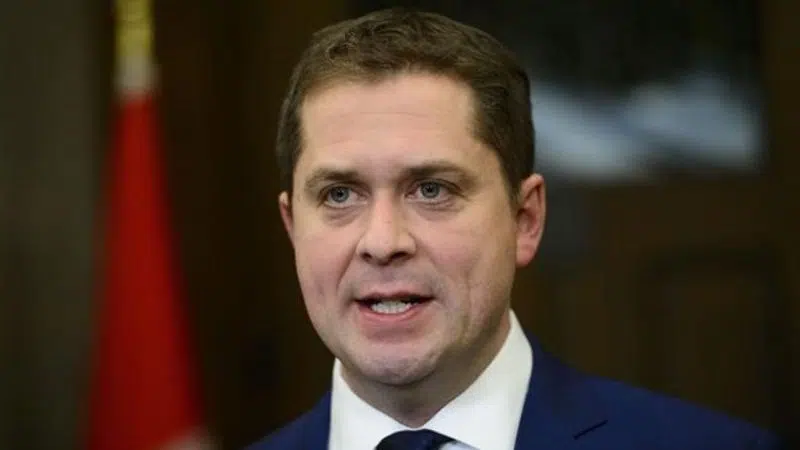
Scheer makes election promise to remove GST from home-heating bills
OTTAWA — Conservative Leader Andrew Scheer is promising to remove federal sales tax from Canadians’ home-heating bills as part of an early election campaign commitment.
If elected in the October federal election, Scheer says he would offer rebates to Canadians for the five per cent tax charged on all residential home energy, including heating oil, electricity, natural gas, propane, wood pellets and other heating sources.
Scheer estimates this could save Canadians an average of $107 per year.


